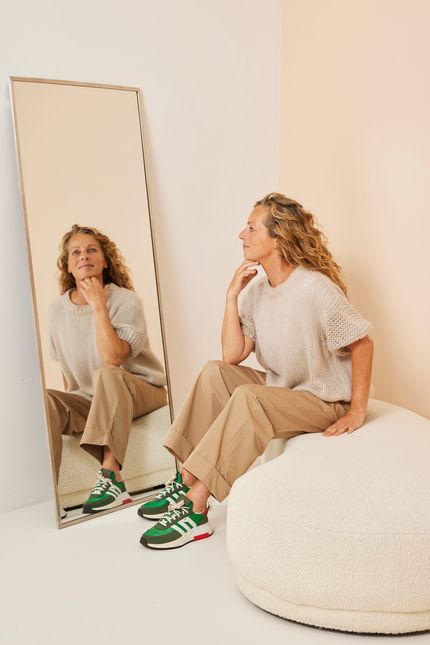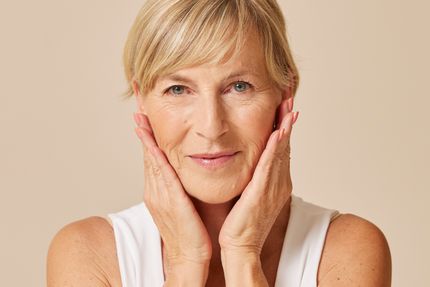Breast pain or tenderness and menopause: what you need to know

“I can’t wear my underwired bras anymore. My breast are too sore and painful. I need more support." - Brigitte (age 60)

Your sex hormones can affect your breasts. Many women know this for a fact. You may have had sensitive, sore or tender breasts or nipples before your periods or during early pregnancy. Menopause can have the same effect. What helps with breast pain or soreness?
What is happening in your body?
During perimenopause, from about the age of 45, levels of oestrogen and progesterone in the body start to fluctuate and decline. In the early stages of perimenopause, progesterone drops faster than oestrogen. This can lead to oestrogen dominance.
These hormonal shifts can affect the glandular tissue in the breast and are the number one reason why women’s breasts feel painful, sore or tender to the touch. So painful, in fact, that some women can't even lie on their stomach. Breast pain is common although it is experienced in different ways. You may feel it in both breasts, in one breast or in one part of the breast. The pain may also be noticeable in your armpit or on the inside of your arm. Or you may have what we refer to as mastopathy, a benign change in the glandular tissue in the breast. In this case, you will feel nodules or irregularities in your breast tissue.
As you approach menopause, the amount of oestrogen decreases further and faster. Your milk system starts to shut down, causing glandular tissue in your breasts to shrink. As a result, your breasts become less firm or may start to sag, or they may change in size and shape. They can also lose their fullness.
In addition to hormonal fluctuations, there are also other factors that can affect your breasts and cause breast pain. Two main reasons for breast tenderness are insufficient support for breast tissue (due to unsupportive bras) and hormone replacement therapy (certain types and dosages of HRT increase the risk of sore breasts and breast cancer). There also seems to be a link between hormonal fluctuations caused by mental factors, such as anxiety and depressed feelings and stress, and breast health.
Many women experience a host of symptoms as they go through menopause, such as hot flashes, sleep problems and mood swings.
Hormone replacement therapy for menopausal symptoms
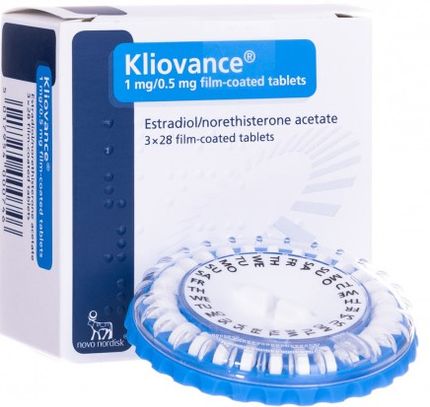
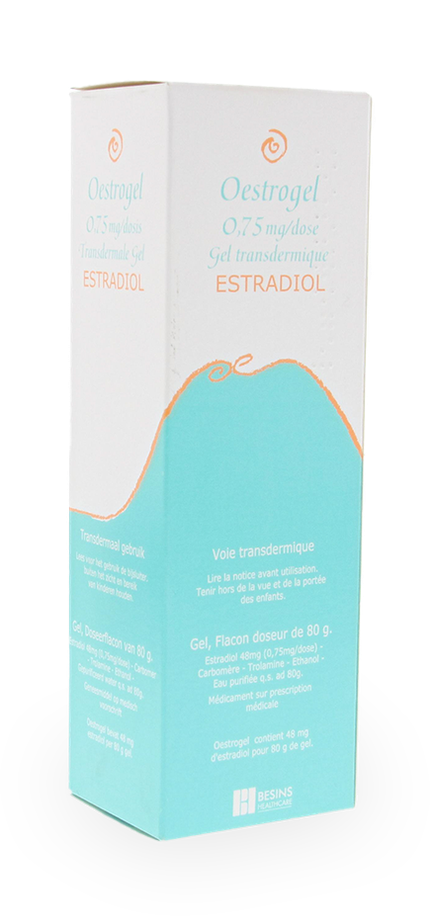
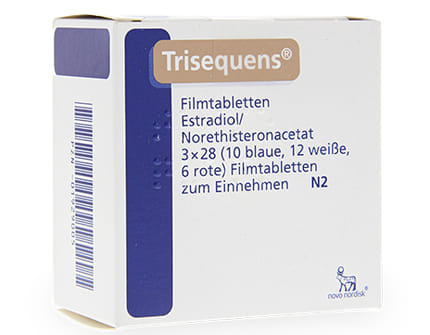
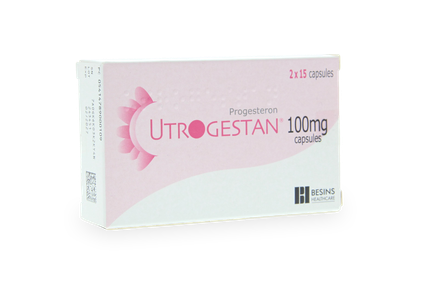
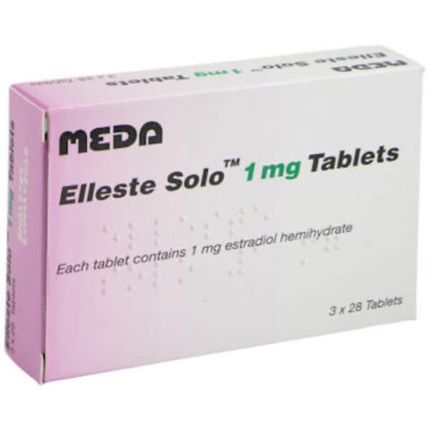
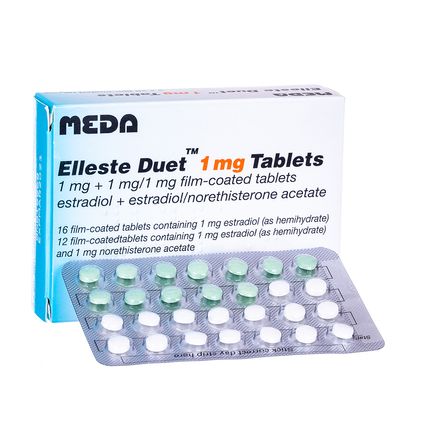
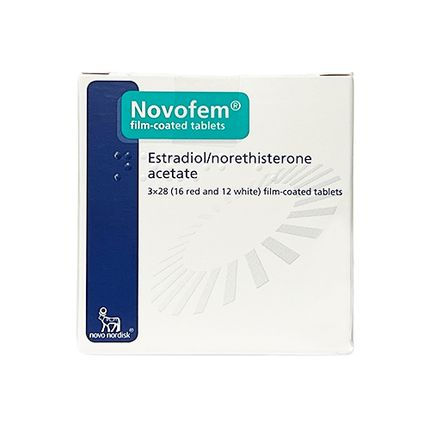



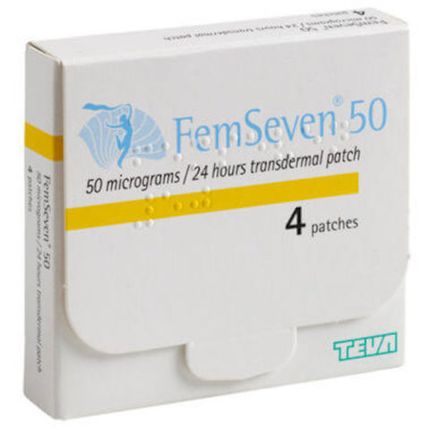

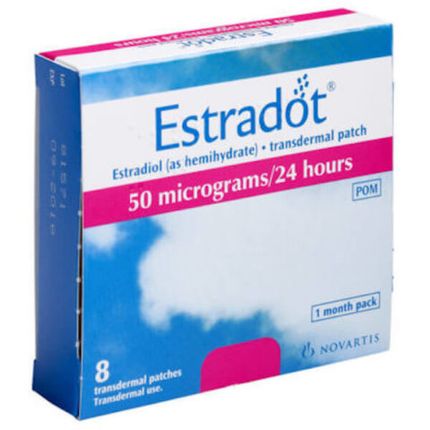
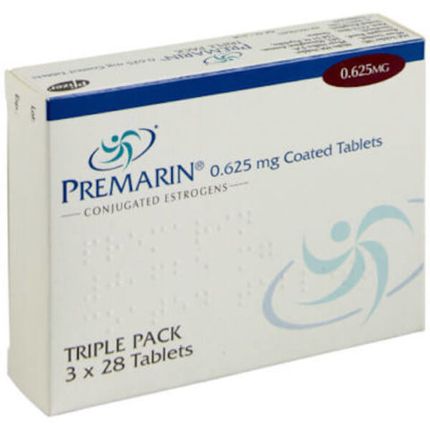
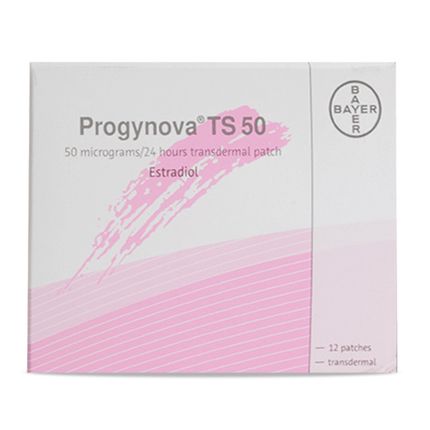

It's uncomfortable to wear a bra when my breasts are sore. The first thing I do when I get home is take it off. What a relief!

How do breasts change during menopause?
The following changes are normal and can happen during the menopausal transition:
- Tenderness or soreness of the breasts and/or nipples
- Tight breasts
- Changes in shape or size of the breasts and/or nipples
- Breast lumps (swollen or painful glandular tissue in the breast or armpit)
Often the symptoms get worse around your period, but even after you've stopped menstruating you can still have sore breasts.

Should I be concerned?
No, in most cases, there's no need to worry: breast soreness during perimenopause or menopause is usually not a cause for concern. If you notice any of the following signs, then you should contact your GP.
- A firm lump or thick spot in your breast or armpit
- Texture changes to the skin of your breast (such as dimpling, wrinkling or orange peel skin)
- Unusual nipple discharge (fluid or blood)
- Warm, red or swollen breasts
- Swollen, red or scaly nipples
- Changes in your nipple (like one that turns inward)
- Unusual, persistent pain

Dry brushing before showering helps drain the stagnant lymph fluid in and around your breasts and stimulate fresh blood supply. Make sure you use a suitable brush.

Breast pain during menopause
If you suffer from sore, tense or sensitive breasts or nipples around menopause, you are definitely not alone. An estimated 50 percent of women experience breast pain or soreness at some point during their menopausal journey. It happens most often during perimenopause, sometimes before you even notice anything unusual about your menstrual cycle.
After your last menstrual period, the pain or soreness usually goes away as your body adjusts to reduced hormone levels and restores balance. During postmenopause, many other typical symptoms of menopause will also slowly disappear.
If your breast pain does not go away after menopause, consult a doctor to rule out an underlying cause.
What can you do?
Are your breasts very painful or sore? You can relieve the pain with a non-prescription painkiller from your pharmacy or supermarket. Use painkillers sparingly though. Here are some tips that are helpful for long-term pain relief:
- Support your breasts. Did you know that an estimated 70 percent of women are wearing the wrong bra size? A supportive sports bra can make a world of difference!
- Reduce or quit nicotine and caffeine. Studies have linked both smoking and caffeine to breast pain. Many women notice a positive change after quitting.
- Cut down on alcohol or stop entirely. The liver prioritises metabolising toxins, such as alcohol, over oestrogen, which means your oestrogen levels remain high (oestrogen dominance). In addition, alcohol can dehydrate you. Dehydration causes fluid retention, which may worsen breast pain. Therefore, limiting your alcohol intake, or stopping altogether, can help reduce breast pain.
- Ensure your diet contains plenty of fibre. Fibre (vegetables, fruit, nuts, wholemeal products) is indispensable for a healthy intestinal flora, and a healthy intestinal flora is critical for hormonal balance. Everything is connected!
- Eat 500 grams of vegetables a day, in particular leafy green vegetables. Leafy greens (such as spinach, broccoli and kale) are good for the liver, and a healthy liver is important for the breakdown of oestrogens.
- Drink lots of water and eat as little salt as possible. Dehydration or fluid retention can worsen breast pain.
- Avoid xenoestrogens. Xenoestrogens disrupt hormonal balance. They can be found in many products, including cosmetics, plastics, cleaning products, skin care products and food.
- Use supplements for pain relief. Some women find taking fish oil supplements beneficial in reducing breast tenderness and pain. Evening primrose oil is also used by many women. Both supplements contain essential fatty acids which support breast health.

Alleviate breast pain
A healthy lifestyle is an important factor in relieving and preventing menopausal symptoms. Dietary supplements can be beneficial to your health. Discover the options.



FAQ
When should I you contact a doctor about breast pain?
Most women will experience changes in their breasts over time. Many of these changes are normal and not harmful. However, you should consult your doctor if you notice any of the following signs: a firm lump or thick spot in your breast or armpit, unusual nipple discharge, changes in your nipple (like one that turns inward), texture changes to the skin of your breast (such as redness, dimpling, wrinkling) or noticeable swelling in your breast.
Sources
- Fournier A, Berrino F, Clavel-Chapelon F. (2008). Unequal risks for breast cancer associated with different hormone replacement therapies: results from the E3N cohort study. PMID: 17333341.
- Australian Menopause Center. Breast Pain & Tenderness. https://www.menopausecentre.com.au/breast-pain/
- Eren T, Aslan A, Ozemir IA, Baysal H, Sagiroglu J, Ekinci O, Alimoglu O. (2016). Factors Effecting Mastalgia. PMID: 27493619.
- WebMD, TC Johnson, MD. (2021). How Menopause Affects Your Breasts. https://www.webmd.com/menopause/breasts-menopause.
- Harvard Health Publishing. (2020). Breast pain: Not just a premenopausal complaint. https://www.health.harvard.edu/pain/breast-pain-not-just-a-premenopausal-complaint
Tips and advice
10% discount?
Subscribe to our newsletter, get all the tools you need to make your menopausal journey more comfortable, and to top it off, you will also get a 10% discount on our premium-quality supplements or on a doctor’s consultation!
The discount is calculated on the cost of the doctor’s consultation included in the total price and only applies to orders over £40. This offer is not valid for consultations for painkillers and sleep medication.









